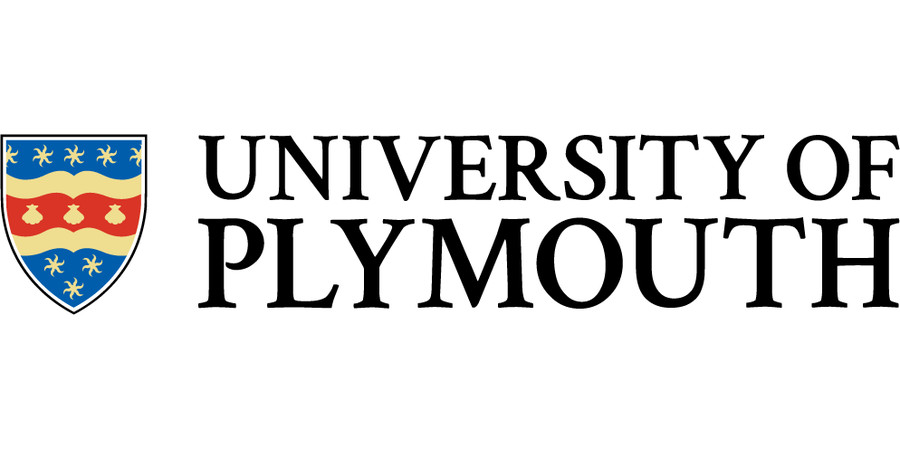PhD Studentship: Anthropogenic impacts on growth and protein metabolism in the European sea bass, Dicentrarchus labrax
University of Plymouth - School of Biological and Marine Sciences
| Qualification Type: | PhD |
|---|---|
| Location: | Plymouth |
| Funding for: | UK Students, EU Students, International Students |
| Funding amount: | The studentship is supported for 3.5 years and includes a stipend from £19,237 per annum 2024-25 rate (2025-26 UKRI rate TBC) |
| Hours: | Full Time |
| Placed On: | 12th November 2024 |
|---|---|
| Closes: | 8th January 2025 |
DoS: Dr Keiron Fraser (keiron.fraser@plymouth.ac.uk)
2nd Supervisor: Dr Benjamin Ciotti (benjamin.ciotti@plymouth.ac.uk)
3rd Supervisor: Professor Simon Lamarre, Université de Moncton, Canada
Applications are invited for a 3.5 years PhD studentship.
The studentship will start on 01 October 2025
Project Description
Scientific background
Pollution of coastal waters by sewage is currently of major concern. However, little is known about the biological impact on critical functions in animals such as growth, particularly in combination with other stressors such as human-induced ocean warming. Growth is essential in all animals, allowing animals to reach a threshold size for reproduction and occupy adult ecological niches. Soft tissue growth in animals is essentially achieved by the synthesis and retention of proteins, an energetically expensive process, typically accounting for between 25 and 40% of the energy required by an animal. This study will make the first detailed analysis of how sewage pollution and warming seas are likely to affect protein metabolism and growth during the critical juvenile stage of development, in a species of substantial socioeconomic importance in the UK, European seabass.
Research methodology
The project will expose fish to four water temperatures and to sewage pollution levels that are regularly detected in UK coastal waters that fail safe bathing standards (Escherichia coli >500 cfu/100ml; Intestinal enterococci >185 cfu/100ml). Experimental water temperatures will range from current UK summer temperatures to temperatures that seabass are likely to experience in the UK in the next few decades. Fish will be individually maintained in recirculating seawater aquarium and fed daily. At the end of the experiments, growth, protein synthesis and protein degradation will be measured.
In parallel, field-based measurements will be made of protein degradation pathways in wild fish at times of high and low sea temperature, in concert with measurements of seawater sewage contamination, to better understand how the detailed lab studies relate to fish living in the wild.
Training
You will receive broad training in field-based fish sampling techniques, fish husbandry and a range of cutting-edge methods to measure protein synthesis utilising a deuterium-labelled phenylalanine flooding dose in Plymouth, as well as a range of advanced methods to measure protein degradation pathways, during a training visit to Canada.
Person specification
We seek an enthusiastic individual with a degree in marine biology, biology, biochemistry or a related subject and preferably a UK valid driving licence.
For information on Eligibility and Funding, please click on the links below:
To apply for this position please click on the Apply button above.
Please clearly state the name of the DoS and the studentship that you are applying for at the top of your personal statement.
Please see here for a list of supporting documents to upload with your application.
For more information on the admissions process generally, please visit our How to Apply for a Research Degree webpage or contact the Doctoral College.
The closing date for applications on 8th January 2025.
Shortlisted candidates will be invited for interview after the deadline.
We regret that we may not be able to respond to all applications.
Applicants who have not received a response within six weeks of the closing date should consider their application has been unsuccessful on this occasion.
Advert information
Type / Role:
Subject Area(s):
Location(s):









